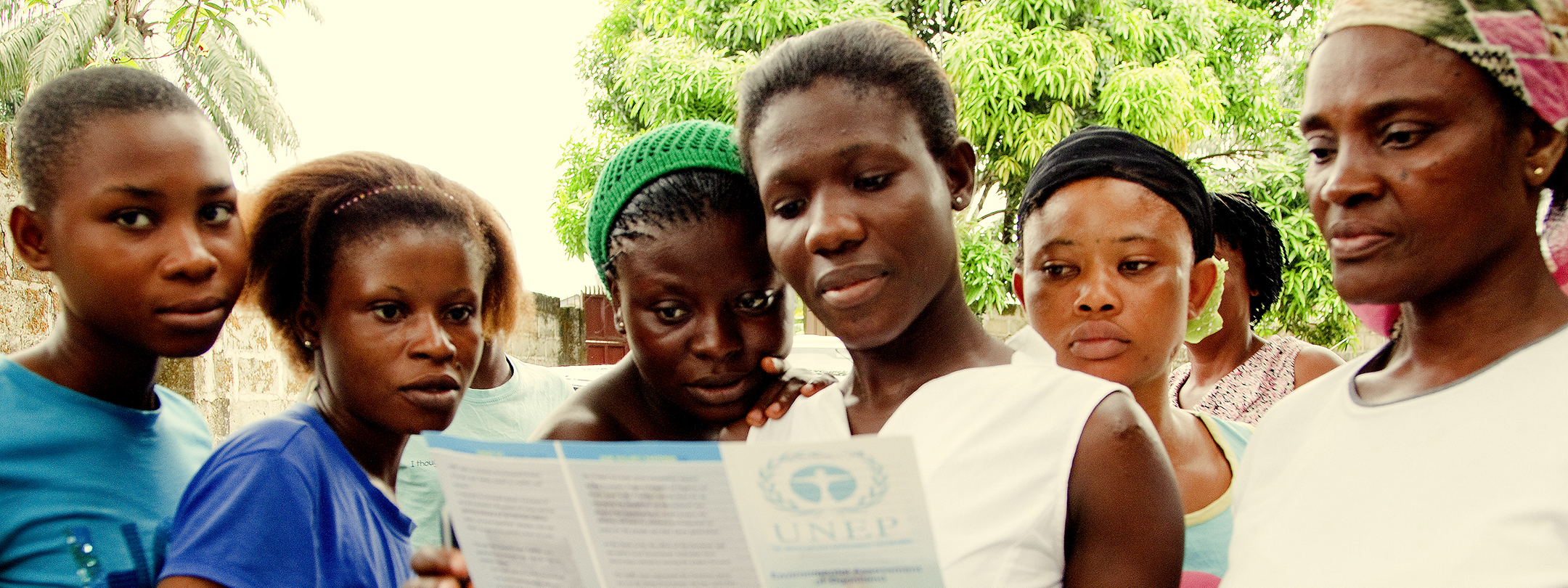A Human Security Peace-Building Agenda
Publisher: Third World Quarterly
Author(s): Edward Newman
Date: 2011
Topics: Assessment, Governance, Monitoring and Evaluation, Programming
Countries: Afghanistan, Bosnia and Herzegovina, Cote d'Ivoire, Liberia, Sierra Leone, Timor-Leste
International peacebuilding in post-conflict societies has helped to bring armed conflicts to an end and reduced the recurrence of war. According to some scholars, peacebuilding has therefore contributed to the apparent downward trend of major intrastate conflict in recent years. However, liberal institutionalist values which underpin international peacebuilding emphasising democracy, free market economics and the liberal state have raised a range of criticisms and challenges from scholars as well as local stakeholders in the societies in which peace-building programmes are deployed. In particular, the prevailing approaches to peace-building give insufficient attention to basic and everyday human needs, and promote externally conceived models of state institutions which are not always appropriate. This article explores the problems of contemporary peacebuilding and argues that an alternative vision which draws upon the concept of human security and gives a greater emphasis to welfare, livelihoods and local engagement can make peacebuilding more legitimate and sustainable.
